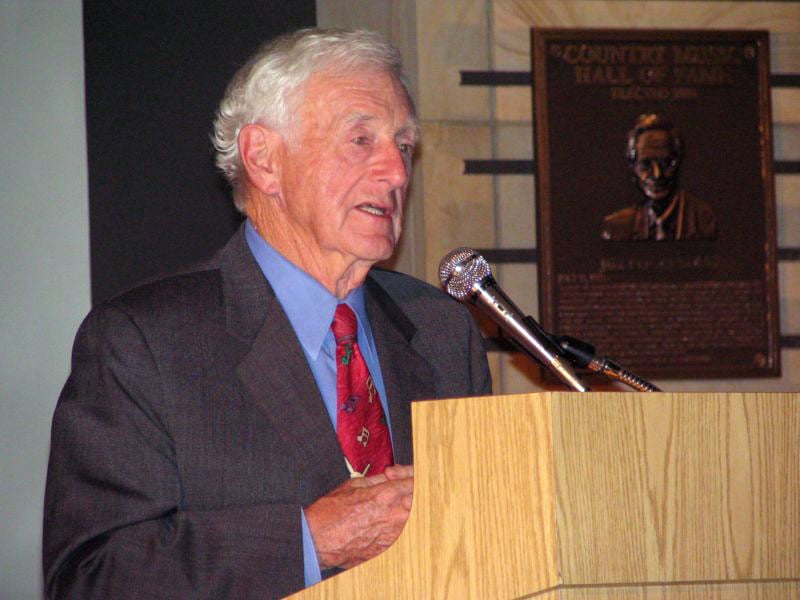The EFF soon created a crossword, overlaid it on top of the monkey, and featured it on their website.
August 2014 – Photographer David Slater sent a copyright takedown notice to the Wikimedia Commons over a photograph of a Celebes crested macaque taken on one of his cameras, which at the time was being operated by the macaque, resulting in a “monkey selfie”. The Wikimedia Foundation dismissed the claims, asserting that the photograph, having been taken by a non-human animal, rather than Slater, is in the public domain per United States law.[277][278] Subsequently, a court in San Francisco ruled copyright protection could not be applied to the monkey and a University of Michigan law professor said “the original monkey selfie is in the public domain.”[279]
https://en.wikipedia.org/wiki/Monkey_selfie_copyright_dispute :
In September 2015, PETA filed a lawsuit against Slater and Blurb, requesting that the copyright be assigned to the macaque and that PETA be appointed to administer proceeds from the photos for the endangered species’ benefit.[6] In dismissing PETA’s case, a federal district court ruled that a monkey cannot own copyright under US law.[7] PETA appealed.
In May 2018, Condé Nast Entertainment acquired the rights from Slater to make a documentary film related to the monkey selfie dispute. The project was being overseen by Dawn Ostroff and Jeremy Steckler.[55]



This also set a huge precedent for legal cases around AI image generation, didn’t it? Since that also falls under “works not created by a human” and are therefore not copyrightable. We could have been dealing with a much bleaker AI art law situation than we have today because of this funny monkey photo case.